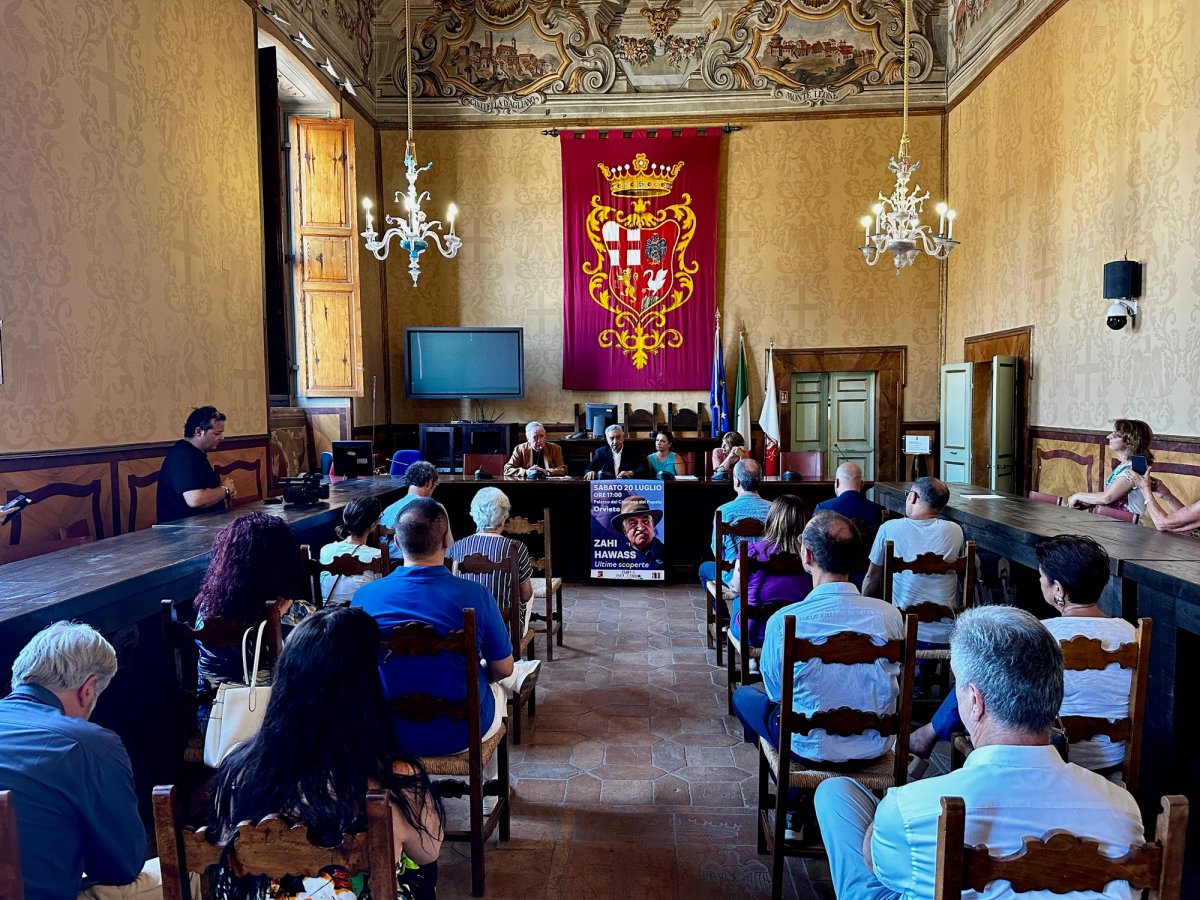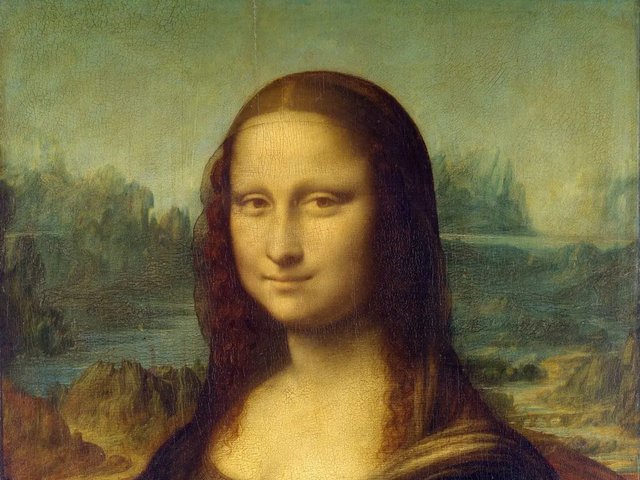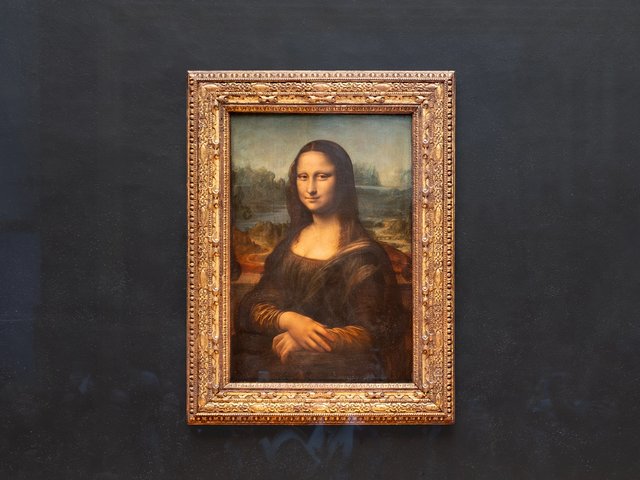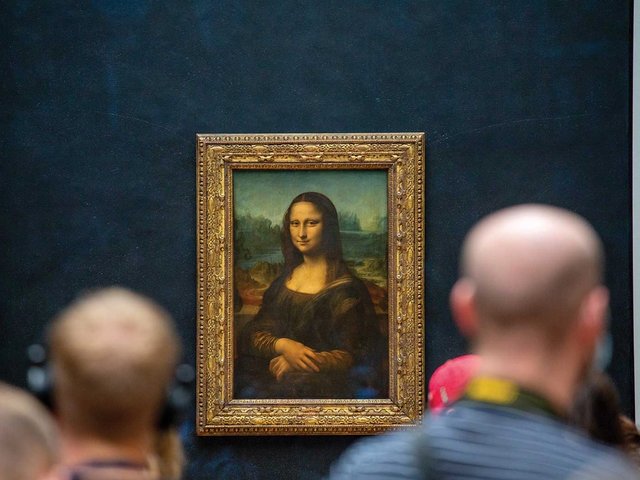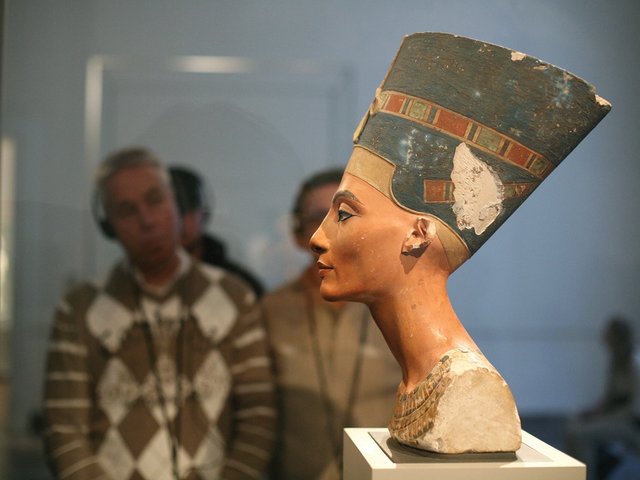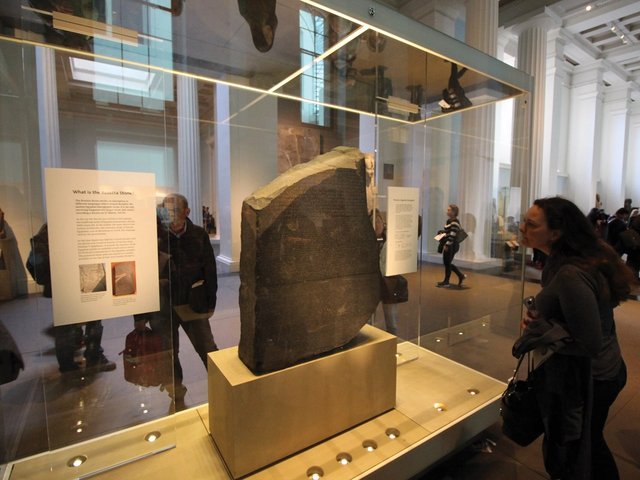Zahi Hawass, who is widely considered to be the world’s most famous contemporary archaeologist, has said he will work with Italy’s culture ministry to secure the return of Leonardo da Vinci’s Mona Lisa to the country.
In an interview with Italy’s leading news agency on Saturday (20 July), given on the sidelines of the Isola del Libro literature festival in Orvieto, Hawass was asked whether he would advise Gennaro Sangiuliano, Italy’s culture minister, to demand the return of the Mona Lisa, which is currently displayed at the Louvre in Paris.
He responded: “Yes, I will talk to the minister when I see him. Italy and I can join together to return Italy’s stolen artefacts. The Gioconda [Mona Lisa] is the most important thing. It has to come back to Italy.”
The archaeologist also reiterated his previous demands that three Egyptian treasures—the Rosetta Stone currently at the British Museum, The Bust of Nefertiti at Berlin’s Neues Museum and the Dendera zodiac at the Louvre—should be returned to his country of birth.
Hawass, who is due to meet with Sangiuliano on Wednesday (24 July), was also asked about recent rumours that he may be offered a top role at Turin’s prestigious Egyptian Museum. “I would be happy to accept this position and would work to make the Turin museum the most important in the world," he said.
The contracts of Christian Greco, who has directed the museum since 2014 and is credited with overseeing an ongoing major overhaul of its collection and layout, and Evelina Christillin, its president since 2012, are due to expire in June 2025 and November 2024 respectively.
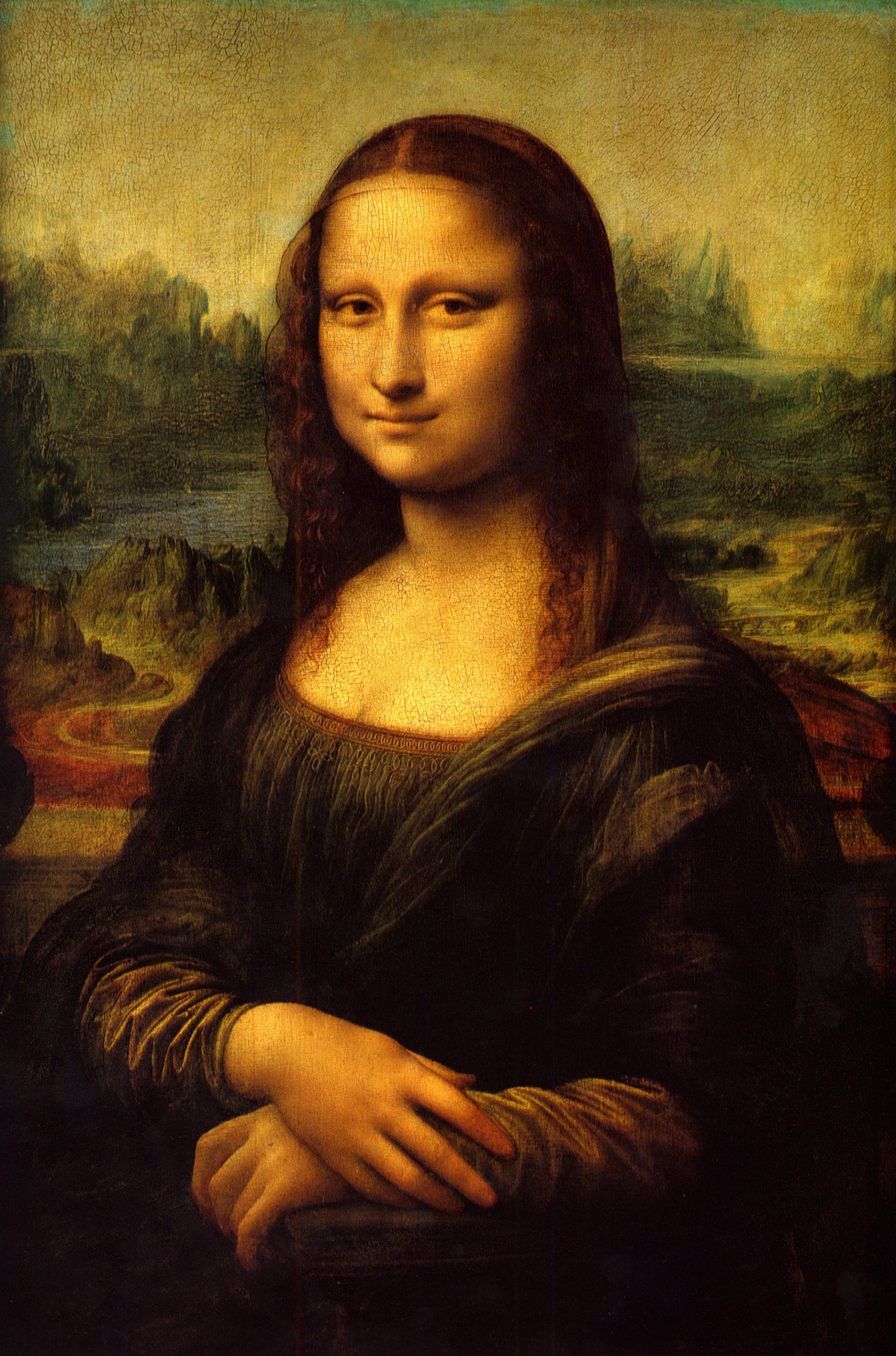
Leonardo da Vinci's Portrait of Lisa Gherardini, Wife of Francesco del Giocondo, known as the Mona Lisa—La Gioconda in French and La Joconde in Italian
Wikimedia Commons
Hawass has since appeared to distance himself from comments made during the filmed interview, writing on Facebook in reference to the Mona Lisa: "I did not say that I will not return the Jukonda [sic]".
He added: “I did not say that I am going to replace the director of the Turin museum as published by the press. I just said that I will meet the minister of culture who might offer me the position of the president of the museum.”
Hawass has previously acted as the Secretary General of Egypt's Supreme Council of Antiquities, was the country’s Minister of Antiquities in 2011, and gained international prominence when photographed showing Barack Obama and Beyoncé around archaeological treasures—branding the latter “rude”.
His film Unknown: The Lost Pyramid, which documents the archaeologist’s search for the long-lost pyramid of a forgotten Egyptian king, was released on Netflix earlier this year, briefly topping the platform’s global viewing charts.
Hawass’s comments on the Mona Lisa have added fuel to a national debate about the work's future that has simmered for decades. The work is believed to have been commissioned by Francesco del Giocondo, a wealthy silk merchant from Florence, in 1503, and completed by da Vinci around 15 years later in France. King Francis I of France is widely understood to have legally purchased the work following the artist's death.
A competing theory—that Napoleon stole the painting during his Italian campaign of 1796 to 1797—has inspired calls for the work to be returned to Italy. In April, the French organisation International Restitutions called on France’s Conseil d'État to “annul” King Francis’s decision to “appropriate” the painting.


